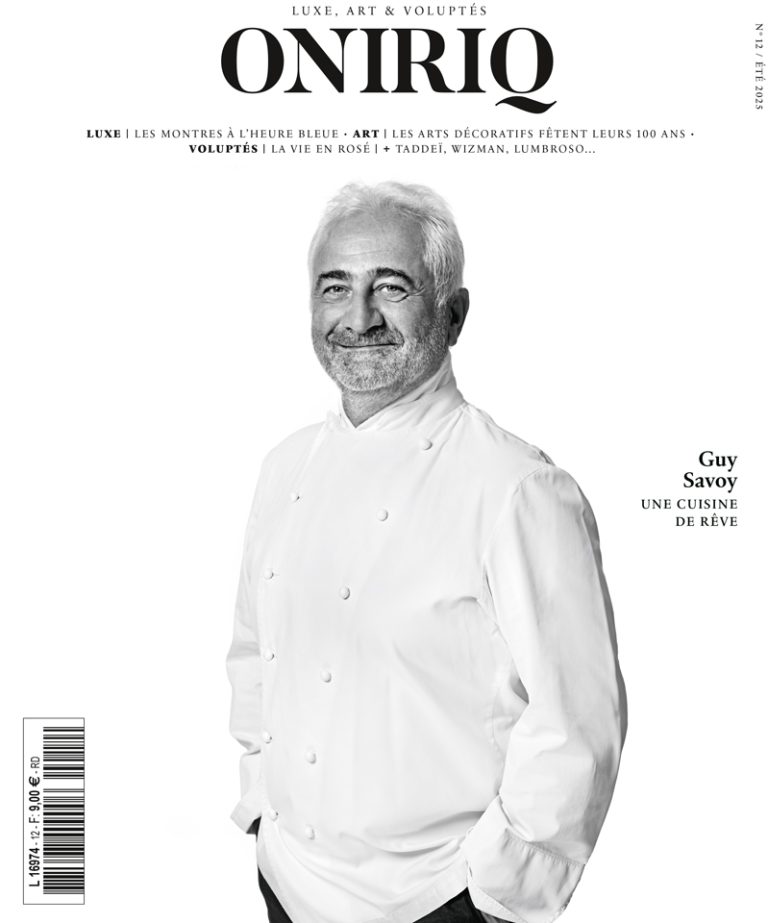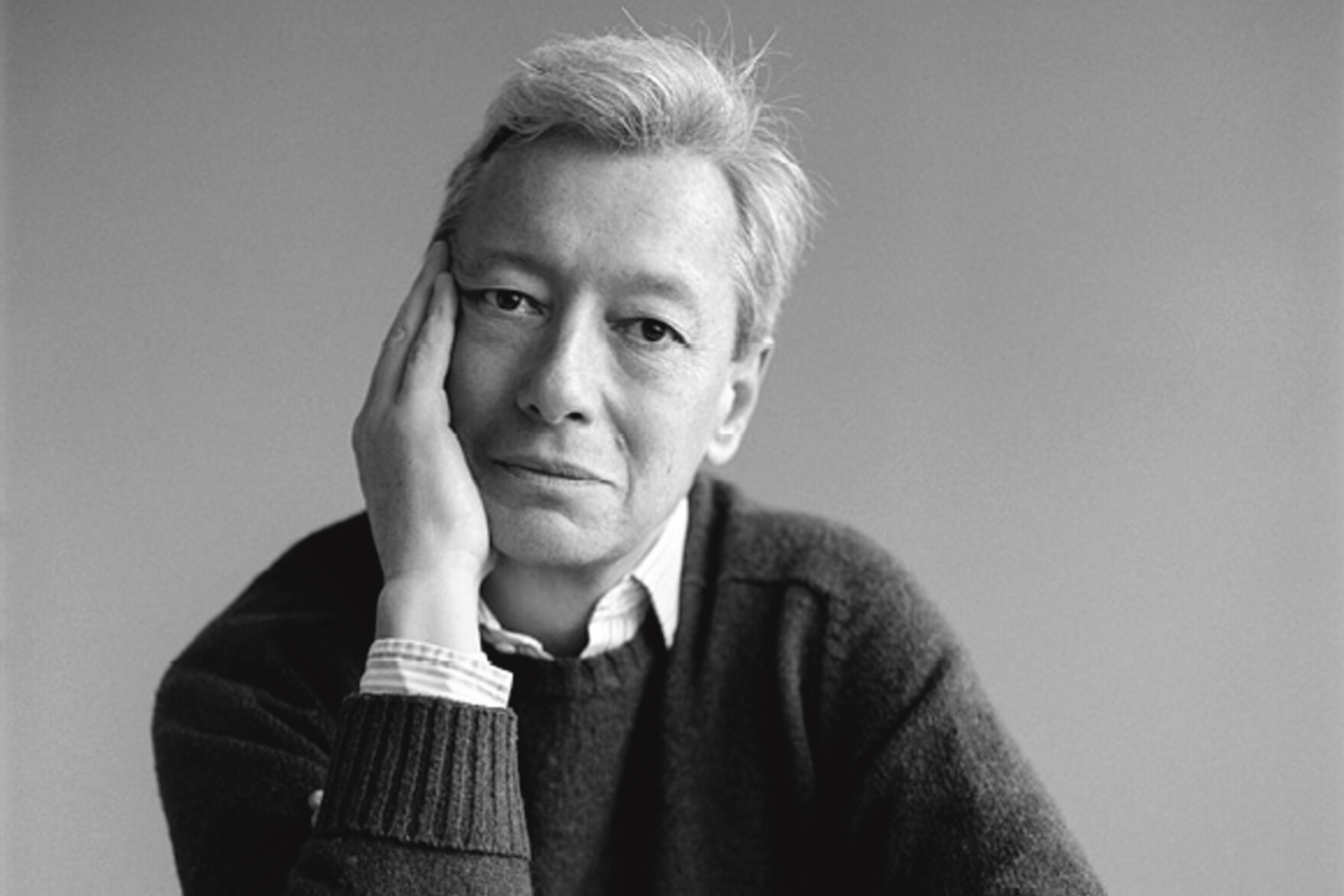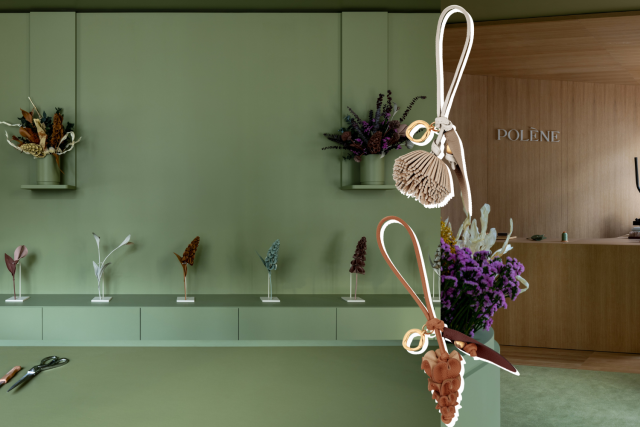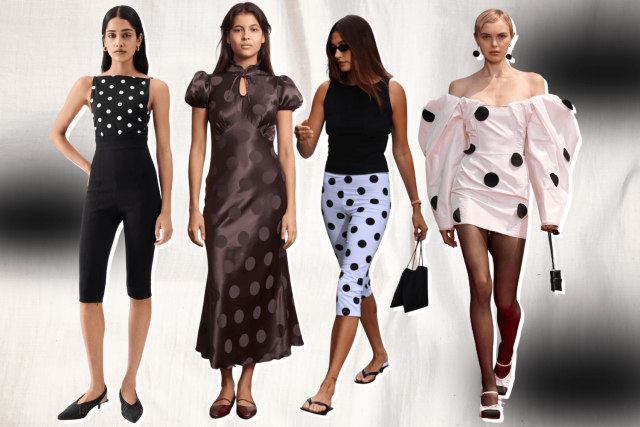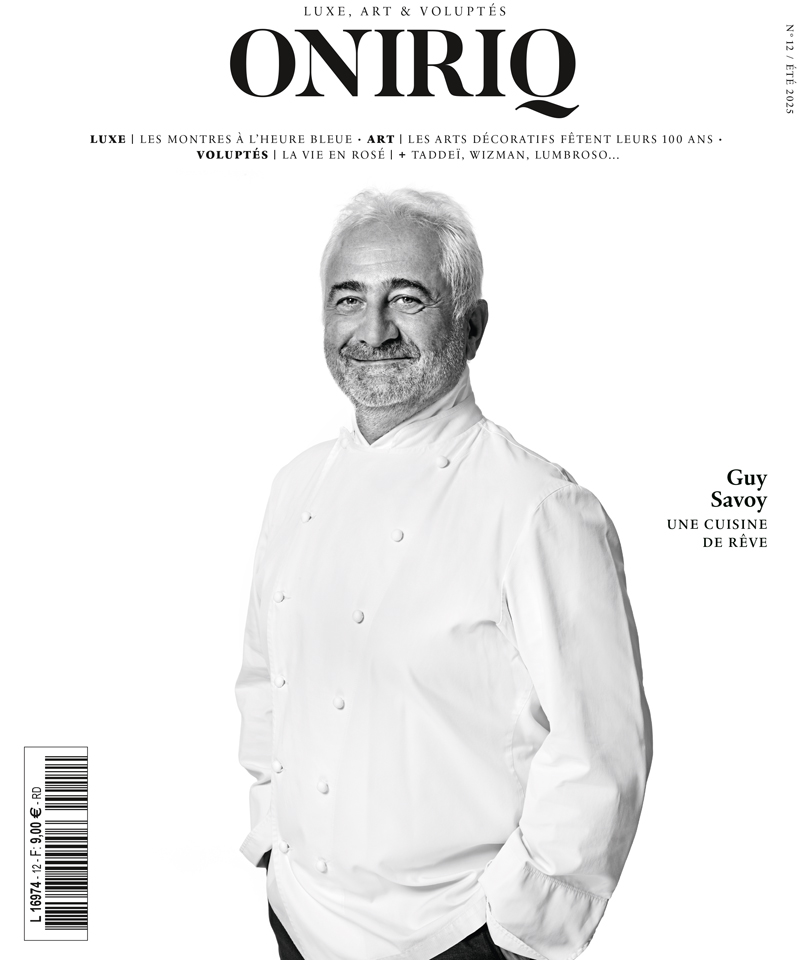Translated by Bethszabee Garner
Going against industry norms and in an era of mass launches, Frédéric Malle founded his signature perfume publishing brand in Paris on June 6, 2000. This aesthetic and perfectionist approach doubled as an act of resistance for the Parisian—now a New Yorker by adoption—who had years of experience behind the scenes at luxury brands and laboratories. His obsession? Perfume and nothing but perfume, in order to restore its nobility, which had been drowned out by globalized marketing, and to bring perfumers out of anonymity. The publisher thus pushes the boundaries of artistic creation by restoring the aura of fragrances and reawakening his contemporaries' taste for them. A face-to-face encounter.
Arthur Frydman: You describe yourself as a “publisher” of high-end perfumes. Can you tell us more about this description?
Frédéric Malle: Defining myself as a publisher was a way of describing my role in supporting the best perfumers in the industry—what we call an evaluator in our business—someone who is a sparring partner, a critic, an artistic director for perfumers. Since our business is quite mysterious and most people know nothing about it, I needed an analogy. I have many friends in the publishing industry, and I realized that what they do is very similar to what I do for perfumes. Gallery owners also have a similar role, and I could have described myself as a gallery owner, but that would have been a little more complicated. It's an analogy, and that's how I describe my work supporting perfumers.
Arthur Frydman: You work with the greatest perfumers to create the ultimate nectar. How does this collaboration work?
F.M.: There are two extremes. Either the perfumer comes to me with a finished or nearly finished product, to which I may or may not suggest changes (for example, Maurice Roucel came to me with Musc Ravageur, which was 99% finished), or, in most cases, we talk shop and discuss our profession. During these conversations, we come up with ideas for a new fragrance. These ideas take the form of words about a scent from nature, a scent from everyday life, or existing fragrances that we want to take a piece of and mix with another, a bit like an artist making a collage and juxtaposing colors on an abstract painting. Once we know the colors, the perfumer makes a sketch with the first tests to validate the idea. If we like it and think it has potential, we then begin to simplify it or make it a little more complete. Gradually, we refine it more and more to make it effective, meaning that it lasts long enough on the skin, diffuses, and has a well-defined scent that is easily recognizable. And also, more abstractly, so that it blends with the skin of the person wearing it and becomes one with it.
Arthur Frydman: It is often said that a fragrance is a kind of olfactory journey. Do you agree with that?
F.M.: I think beauty has many aspects, and like a Mondrian, Rembrandt, or Warhol, there are many types of beauty. But character, which interests me more, must be very specific and personal, have a strong personality, and be innovative. In other words, I don't want to smell something I've already smelled 300 times on the street. It has to be present, because you don't always want to wear a perfume that only you can smell—perfumes are meant to be shared and have an aura—and it has to be part of someone. It's this last quality that makes the difference between a smell, like that of a candle or an object you see in nature, and a perfume, which is what a person “smells.” It's an abstract notion, but it's the key to success.
Arthur Frydman: What about an exceptional perfume, like those offered by your brand?
F.M.: I am interested in ticking all the boxes [mentioned above], but working with the best perfumers, using the best raw materials with complete freedom, has pushed us not only to give our best, but also to try to create memorable fragrances that moves the entire industry forward. I hope that innovation, modernity, and excellence set us apart from all other existing perfume companies.
Arthur Frydman: How does a perfume editor like you reinvent himself?
F.M.: The way I reinvent myself is by working with artists who are always looking for something new and also by finding new, young perfumers who are in tune with the times. It's also a question of curiosity in my personal life. Art, music, and cinema don't have a direct influence on my work, but feeding off them as much as possible certainly helps me live in my time and must influence my work.
Arthur Frydman: And inspiration?
F.M.: Perfume makers. And new raw materials, whether they are unusual new natural materials, because they exist, or new high-tech chemical molecules that are like new colors in our rainbow and offer so many new possibilities.
Arthur Frydman: Your mother was herself a perfume director at Christian Dior. Was the transmission of this love of scents the driving force behind your career?
F.M.: It was probably contagious, but that said, she didn't teach my brother and me anything about her profession. She passed on her taste for it to us, but then I had to find my own way.
Arthur Frydman: Are there any fragrances that have left a lasting impression on you?
F.M.: Many perfumes from the past—some were already classics when I smelled them, such as Shalimar and Mitsouko—and then perfumes I grew up with, such as Eau Sauvage, Halston Z-14, Oscar de la Renta, and Nahema, which have become classics. I suppose that's the privilege of getting older.
Arthur Frydman: You recently created a digital test to help your customers choose from the thirty or so fragrances you offer. How do you select the fragrance that suits you best?
F.M.: I think people should be themselves. The perfume they wear should be an expression of who they are. The tool we created with Konstantin Kakanias, which is now on our website and allows people to tell us who they are so we can tell them which perfume to wear, is the right approach. I don't think you should wear a fragrance because someone else liked it; I think you should wear a fragrance that makes you feel really good. It's usually a way of finding something that suits you, because that's who you are.
Arthur Frydman: Where is the best place to wear perfume?
F.M.: Personally, I wear perfume on my skin, especially on my chest, but I'm not a stickler for technique, and I think people should wear perfume wherever they feel comfortable. Whether it's on their skin, their clothes, their wrist, or their neck. Technically, hair is a magical place because it's on the warmest part of your body and it moves, diffusing the fragrance, but it's not ideal because it contains alcohol, and unless you wear our hair mist, it will dry out your hair if you wear it too often.
Arthur Frydman: Finally, you now live outside France, on the other side of the Atlantic. What scent do you miss the most?
F.M.: The smell of toasted baguette in the morning.
Article written by Arthur Frydman to be found in issue n°2 of OniriQ Magazine.

